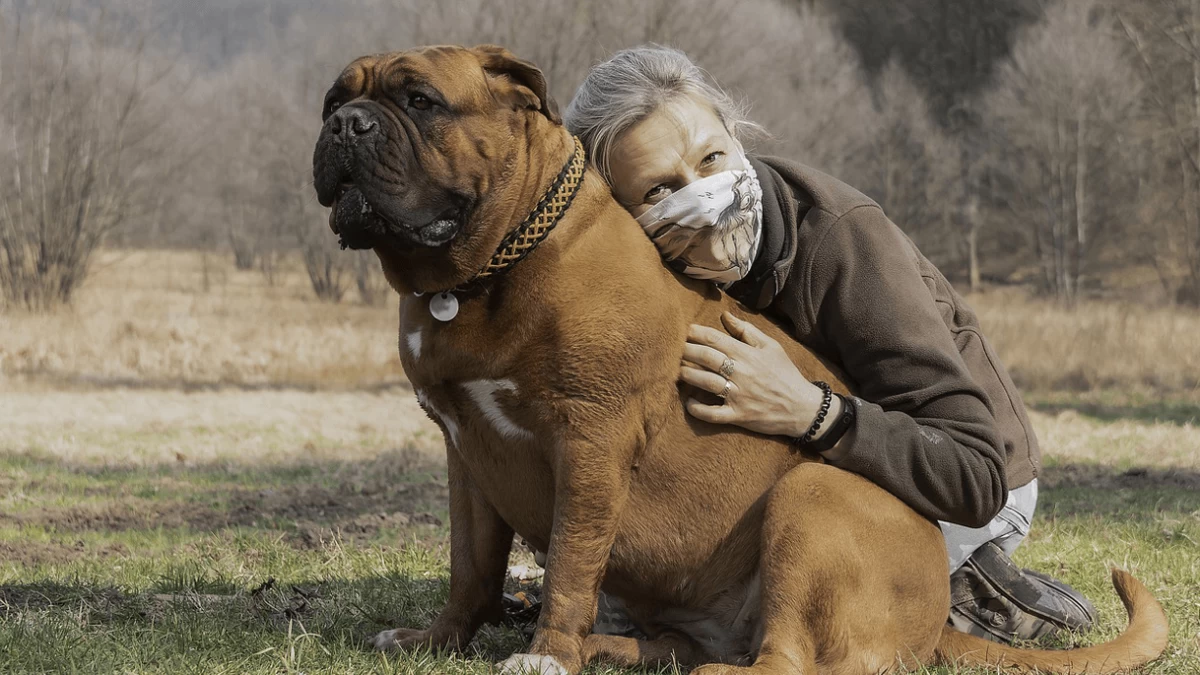Are Owners Keeping Their Pets Alive Too Long?
12.02.2022.
There have never been so many options for treating sick pets, from open-heart surgery on a snake to chemotherapy for your dog. But veterinarians warn that too many owners spend vast amounts of money on keeping their pets alive, even when it is not always the most humane option.
Popular veterinary programs and news, such as dental surgery on fish, give pet owners information about the increasingly advanced and complex surgical and medical procedures that pets can undergo.
While veterinary science has made impressive progress in recent years, allowing many pets to stay healthier for longer, veterinarians say extending the lives of animals at all costs is not always the best option for them and can result in thousands of dollars of medical costs for their owners. Recent studies published in England show that dog owners sometimes keep their pets alive unnecessarily.
Would you do the same? At what cost would you keep your pet alive?
Experts rationalize
Danny Chambers, a Hampshire veterinarian who is a correspondent for BBC Radio Devon, said:
“There are some situations in which euthanasia would be appropriate to end suffering for the benefit of the animal. If you are going to go through a rather complex operation that has several months of recovery time with possible complications, there should be an ethical debate about that. ”

Chambers cited the example of a person undergoing chemo. Although it is a long and painful process, people can rationalize suffering as a means of improvement, either to allow them to spend time with family or to do things they have dreamed of.
“Animals have no desire to live a long life; they don’t want to celebrate holidays or birthdays or reach old age. They just want to be happy day in and day out. ”
He said most veterinarians can give a list of three to five options for treatment plans, and owners should not feel like they have to choose the most expensive one, especially if they can’t afford it,. Sometimes, it’s not even the best choice for the animal’s welfare.
"I hope people don't feel guilty about not being rich enough to try these advanced procedures when the reality is that dogs are pretty happy when they are given the best treatment you can afford."
Andrew Knight, a professor of veterinary medicine at the University of Winchester, said part of the reason for the owners' higher expectations was that they "are increasingly looking at their animals as valued members of their families and homes."

He added that people treated on national health insurance often do not understand the cost of some of the most advanced medical and surgical procedures, especially without pet insurance.
"They can be unexpectedly expensive, although they represent fantastic value when you consider the cost of medical care for humans."
Sean McCormack, a veterinarian from Surrey who writes a newspaper advice column, said that where previously people considered complex treatments only for pets such as dogs and cats, he was recording an increase in demand from people who had developed a “close emotional connection” with more unusual pets such as turtles, rabbits, and snakes.
He removed tumors from fish, performed open-heart surgery on snakes, sterilized geckos, removed bladder stones from iguanas, and attached, coated, and fixed broken wings to birds.
Justine Shotton, president of the British Veterinary Association, said owners should be reassured that veterinarians always conduct a quality of life assessment and advise on the impact on health and well-being and the costs involved. She said:
“In some cases, I can recommend that euthanasia is in the animal’s best interest if their quality of life is low, or if their treatment option can cause them a lot of pain and suffering or have little chance of success. These are very difficult conversations, which take an emotional toll on everyone involved.”
"He is everything to me": the owner about keeping her pet alive
Readers who responded to the research shared their stories of complex surgeries for their pets and the thousands of dollars they spent. Many find it worthwhile to keep their beloved animals alive.
Nambo
Nambo has the canine equivalent of motor neuron disease. Lisa Kucyk, of Swansea, estimated veterinary bills for her dog Nambo at £20,000 ($27,000). He had four surgeries for leg problems, including damage to the cruciate ligament, patella, and cartilage, before he was diagnosed with degenerative myelopathy, the canine equivalent of motor neuron disease. He now has weekly physio, laser therapy, and acupuncture.

Kucyk said she bought the largest insurance available for Nambo at the time but still had to invest in savings to cover his last two operations, at £3,000 ($4,100) each.
Nambo is now paralyzed, and Kucyk can keep him alive while she works from home. Still, she knows her veterinarian will say when his quality of life deteriorates to the point that he needs to be euthanized. Kucyk said the bills and worries paid off:
“He’s a member of our family, and to be honest, I love my dog more than most people. He is everything to me. ”
World Dog Finder team







Share